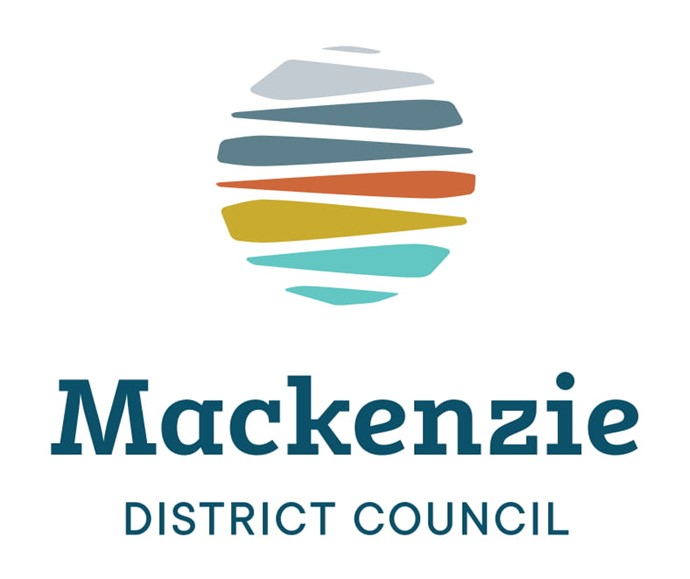Leading locally
Competent
Council has a new found sense of confidence in its direction and in its ability to work together. One of the elected members noted, “We come from different aspects of the community and we [bring] different lenses”.
Elected members are a good blend across their community including a blend of generations and experience. Council has a common desire to create a “strategy-led” council.
Council is comfortable with its leadership by the Mayor and senior elected members and all elected members are encouraged to contribute and participate. Different views are received respectfully.
Public representation is supported by three community boards at the district’s three largest communities – Fairlie, Tekapo/Takapō and Twizel.
Investing money well
Areas for improvement
The 2021-31 LTP is pivotal to Council’s direction, yet the financial function’s contribution to its completion is being hampered by staff turnover and the limited strength of support systems and processes. The 2021-31 LTP is late and affecting Council’s ability to act.
Council is significantly behind in its annual transparency to its community and in finalising its 2021-31 LTP.
Council’s transformation programme affects all parts of the organisation including the finance function. The Finance Team clearly wish to be part and to contribute to this change. However, key staff turnover and challenges with its financial modeling are preventing the financial function from contributing fully to Council’s transformation. For example, the 2019-20 Annual Report was completed and adopted in February 2021, two months after the statutory deadline, and the 2021-31 LTP has now been scheduled to be adopted in September 2021, three months after the statutory date. The LTP delay impacts on Council’s ability to set rates and is likely to impact on its ability to be accountable for the 2020-21 period through its Annual Report.
Clearly, most critical at this stage is the delay in the 2021-31 LTP. It is recognised that elected members and the Executive Management Team are fully aware of the situation and risks. They recognise the need to take time beyond the statutory limit to ensure the quality of their planning and ensuring the risk is addressed and well-managed rather than rushing the completion of the 2021-31 LTP.
Delivering what’s important
Competent
Council’s performance on service delivery and asset management is on a clear improvement pathway, but there are still some areas of weakness. The quality of AMPs is variable, with roading being excellent and community facilities poor or absent. There has been recent improvement in enforcement and compliance, but there remains a lot of work to do in areas, such as the District Plan.
The refocusing of strategy through Te Manahuna Ki Uta is looking very promising and, when followed through into service delivery and asset improvements, will result in more proactive management of growth and sustainability issues.
Listening and responding
Better than competent
The communications and engagement policy framework Council has developed and is now implementing is very soundly based. The recent engagement with iwi has been a breakthrough and the growing collaborative partnership with them and other key councils and agencies in the Mackenzie District sets Council up to successfully address their growth and sustainability challenges.
Council needs to put more emphasis on telling their improvement story.

